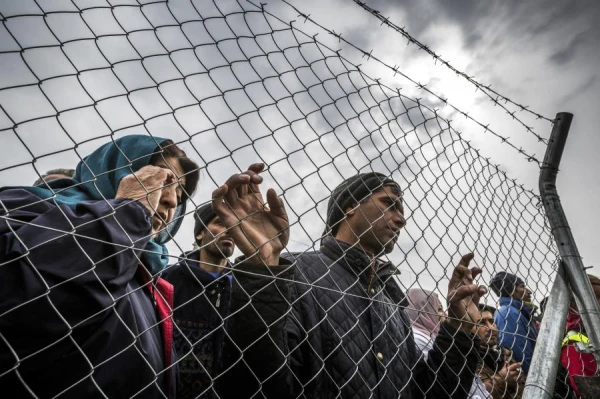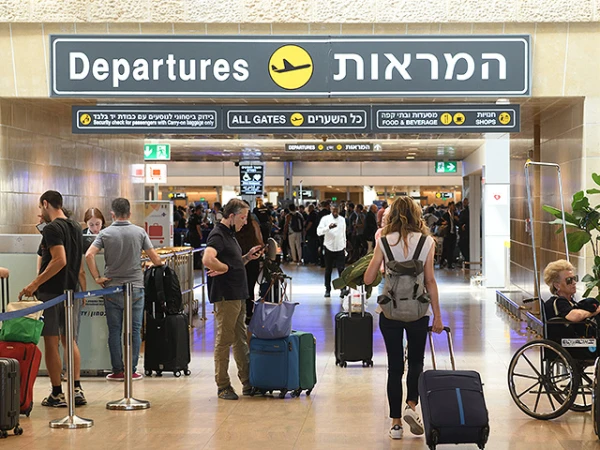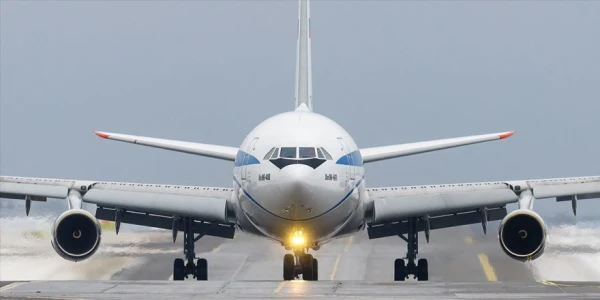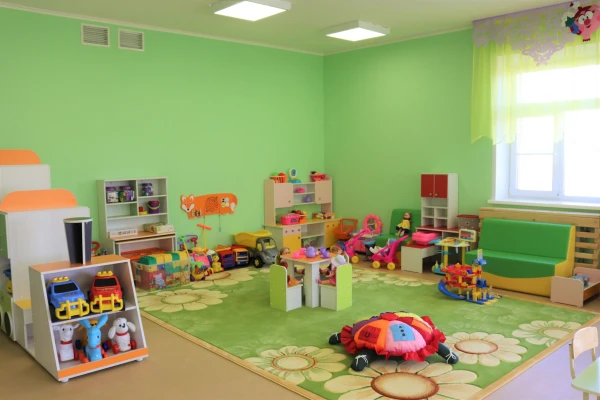
The interior ministers of European countries discussed measures to tighten the Common European Asylum System in Munich. They advocated for the detention of rejected refugees, stated the head of Germany's Interior Ministry.
"The tightening and intensification" of the Common European Asylum System (CEAS) became the central topic of the meeting of EU interior ministers and representatives of the European Commission, which took place in Munich on Saturday, October 4. As Alexander Dobrindt, the head of Germany's Interior Ministry, stated at a press conference following the discussions, one of the measures sought by the participants is the possibility of indefinite detention of asylum seekers whose applications have been rejected.
"We want to make it possible to indefinitely detain asylum seekers who have been denied. This is what we want to achieve within the legal framework. In this way, we aim to create the opportunity to apply such prolonged detention to asylum seekers who have committed criminal offenses and to those whose applications have been rejected," Dobrindt explained.
Preconditions for Long-term Entry Ban to the EU
He added that he and his colleagues from other European countries also want to achieve a long-term entry ban for foreigners who have failed to obtain the right to asylum in the EU. "Of course, if necessary. There must be preconditions for this. Committing criminal offenses is one of the preconditions we are considering," Dobrindt clarified.
Another topic of discussion at the meeting was the establishment of so-called "return hubs" in third countries located outside Europe and not the countries of origin of migrants. "These are centers where we will send rejected asylum seekers whom we cannot return to their countries of origin," Alexander Dobrindt explained.
In addition, European interior ministers expressed their intention to significantly improve data exchange. In particular, this involves entering more information about migrants entering the EU for the first time into the European database Eurodac "and ensuring that this data is accessible to all," the German minister noted.
There are also plans to expedite the processing of asylum applications. For this purpose, the EU aims to utilize artificial intelligence (AI) technology, specifically for translation from foreign languages when communicating with migrants at the external borders of the EU.














Leave a comment